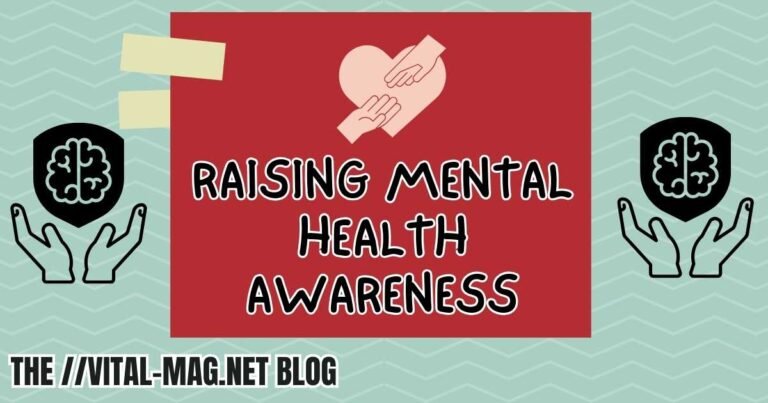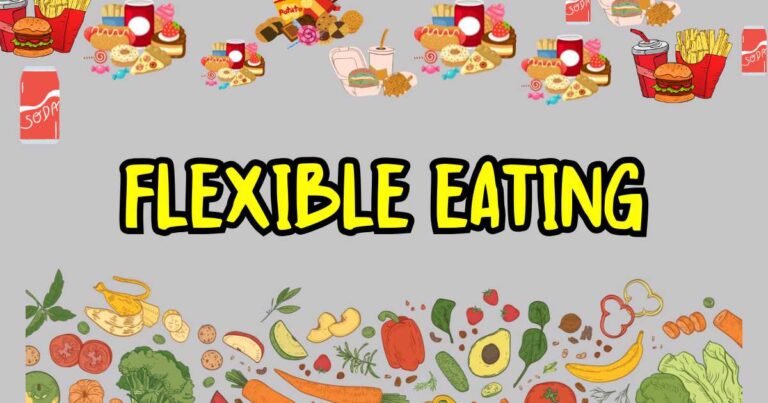Emotional Abuse in Relationships: Signs & How to Heal

Introduction
Emotional abuse in relationships often goes unnoticed. Unlike physical violence, there are no bruises or scars to point to. Yet, its damage can be just as deep—if not more lasting. Victims of emotional abuse frequently second-guess themselves, feel isolated, and lose their sense of worth. The manipulation is subtle, consistent, and destructive.
Many people in emotionally abusive relationships don’t even realize they’re being harmed. Society tends to dismiss emotional pain, urging people to “get over it” or “stop being sensitive.” But emotional abuse is real, and its impact can haunt someone for years.
In this in-depth guide, we’ll explore what emotional abuse looks like, why it’s so damaging, and how you can begin to heal. We’ll also dive into legal options, support systems, and recovery paths that are practical, accessible, and life-changing.
What Is Emotional Abuse in a Relationship?
Emotional abuse involves patterns of behavior where one person systematically controls, demeans, or manipulates the other using fear, shame, guilt, or intimidation. Unlike physical violence, emotional abuse doesn’t leave physical marks. However, the psychological wounds can cut just as deeply—sometimes even more.
At its core, emotional abuse is about power. Abusers often crave control and use subtle tactics to gain dominance. This can include insults, silent treatment, gaslighting, jealousy, or blaming the victim for everything.
The abuse may escalate gradually. At first, it may appear as concern or intense love, but over time, it becomes controlling, hurtful, and exhausting.
Examples of Emotional Abuse:
- Constant criticism or name-calling
- Gaslighting (making you question your reality)
- Isolating you from family or friends
- Humiliating you in private or public
- Blaming you for their own mistakes
- Threatening harm or withdrawal of affection
- Controlling finances, communication, or appearance
Recognizing these signs early is essential for mental and emotional safety.
Psychological Impact of Emotional Abuse
The consequences of emotional abuse are long-lasting. Victims often carry the trauma well beyond the relationship.
Common Effects Include:
- Chronic anxiety or depression
- Low self-esteem and self-doubt
- Difficulty trusting others
- Suicidal thoughts or tendencies
- Feelings of shame, guilt, or worthlessness
- PTSD (Post-Traumatic Stress Disorder)
One survivor shared, “I didn’t even know I was being abused until I left. I thought everything was my fault. That’s how powerful emotional abuse is—it rewires your sense of reality.”
These psychological wounds can manifest physically as well: insomnia, chronic pain, or eating disorders. Emotional abuse is an invisible illness that affects every part of life.
Why People Stay in Emotionally Abusive Relationships
It’s easy to ask, “Why don’t they just leave?” But emotional abuse isn’t simple.
Victims often stay due to:
- Fear of retaliation or escalation
- Financial dependence
- Emotional manipulation and guilt
- Love and hope for change
- Isolation from support systems
- Children or family obligations
Abusers are often charming to outsiders and manipulative behind closed doors. They may apologize or make promises, keeping their partner trapped in a cycle of hope and harm.
Understanding these dynamics is key to supporting victims instead of blaming them.
How to Identify Emotional Abuse Early
Early detection can prevent long-term trauma. Here’s how to spot the red flags:
Behavioral Patterns:
- You feel like you’re “walking on eggshells”
- You apologize constantly—even when not at fault
- Your partner dismisses or mocks your feelings
- You feel more anxious or depressed in their presence
- You’re afraid to speak up or disagree
Table: Comparison of Healthy vs. Abusive Behavior
| Behavior Type | Healthy Relationship | Emotionally Abusive Relationship |
|---|---|---|
| Communication | Respectful disagreements | Blaming, yelling, or silent treatment |
| Emotional Safety | Validation and support | Humiliation and belittling |
| Independence | Encouraged autonomy | Monitoring and isolation |
| Responsibility | Shared accountability | One-sided blame |
If these patterns sound familiar, it may be time to reassess the relationship.
Steps to Begin Healing from Emotional Abuse
Healing is possible—but it requires time, support, and action.
First Steps:
- Acknowledge the abuse: Denial keeps you stuck. Accept that what happened was not your fault.
- Seek support: Speak with trusted friends, a therapist, or join a support group.
- Set boundaries: Cut off or limit contact with the abuser when safe.
- Journal your experiences: This helps validate your reality.
Long-Term Strategies:
- Therapy: Trauma-informed counseling can help reframe thinking patterns.
- Rebuild self-esteem: Engage in activities you enjoy. Practice self-love.
- Educate yourself: Learn about emotional abuse. Knowledge empowers.
- Practice mindfulness: Techniques like meditation can reduce anxiety.
Healing isn’t linear. Some days will be harder than others. Be patient with yourself.
Legal Rights and Protection Options
In many places, emotional abuse is recognized under family law—even without physical harm.
You May Be Entitled To:
- Restraining or protective orders
- Child custody considerations
- Spousal support in divorce proceedings
- Mental health resources through legal channels
When to Consult a Lawyer:
- If you feel unsafe or harassed
- If children are involved
- If divorce or separation is occurring
- If the abuser is threatening legal retaliation
Many legal aid organizations offer free consultations to abuse victims. Don’t hesitate to reach out.
How to Support Someone in an Emotionally Abusive Relationship
If someone you love is experiencing emotional abuse:
Do:
- Listen without judgment
- Offer emotional and practical support
- Respect their timeline
- Share resources (hotlines, therapists, shelters)
Don’t:
- Pressure them to leave before they’re ready
- Shame or blame them
- Underestimate the emotional damage
Support can be the difference between staying silent and finding the strength to survive.
Prevention and Building Healthy Relationships
Education is key to preventing emotional abuse.
Characteristics of a Healthy Relationship:
- Mutual respect
- Open communication
- Emotional safety
- Equal power dynamics
Teach Red Flags Early:
- In schools and families
- Through therapy and community programs
- In media and public discourse
Empowering people to understand their worth is the first step to ending the cycle of abuse.
FAQs About Emotional Abuse in Relationships
1. Can I actually get legal help for emotional abuse?
Yes, and here’s what I’ve seen in my counseling practice: Many states now recognize emotional abuse in divorce cases, especially when it involves children. Just last month, a client used text messages as evidence to get full custody.
2. Why does my body hurt if the abuse isn’t physical?
Your body keeps score. I’ve had clients develop actual ulcers from constant criticism. The stress hormone cortisol floods your system daily, leading to real physical damage over time – migraines, digestive issues, even autoimmune flare-ups.
3. I think my partner is emotionally abusive – what’s my first step?
Start a secret journal (phone notes work). Record dates, exact words, and how you felt. When Linda documented her husband’s daily put-downs for just two weeks, she finally believed it wasn’t “all in her head.”
4. Do men really experience this too?
Absolutely. In my support group, we’ve had construction workers and CEOs break down sharing how their partners control them through humiliation. Society just makes it harder for men to admit it.
5. How long until I feel normal again?
Healing isn’t linear. Most survivors I’ve worked with need 6-12 months of therapy to rebuild self-worth. But here’s the hopeful part – with the right support, many eventually feel stronger than before the abuse began.
Conclusion & Call to Action
Emotional abuse is real. It’s harmful, isolating, and often invisible to outsiders. But you don’t have to suffer in silence. Whether you’re a survivor or supporting someone who is, knowledge is power—and healing is possible.
Recognize the signs. Seek help. Speak up. You deserve love that heals, not love that hurts.
If you or someone you know is in an emotionally abusive relationship, don’t wait. Reach out to a therapist, legal expert, or support group today.






